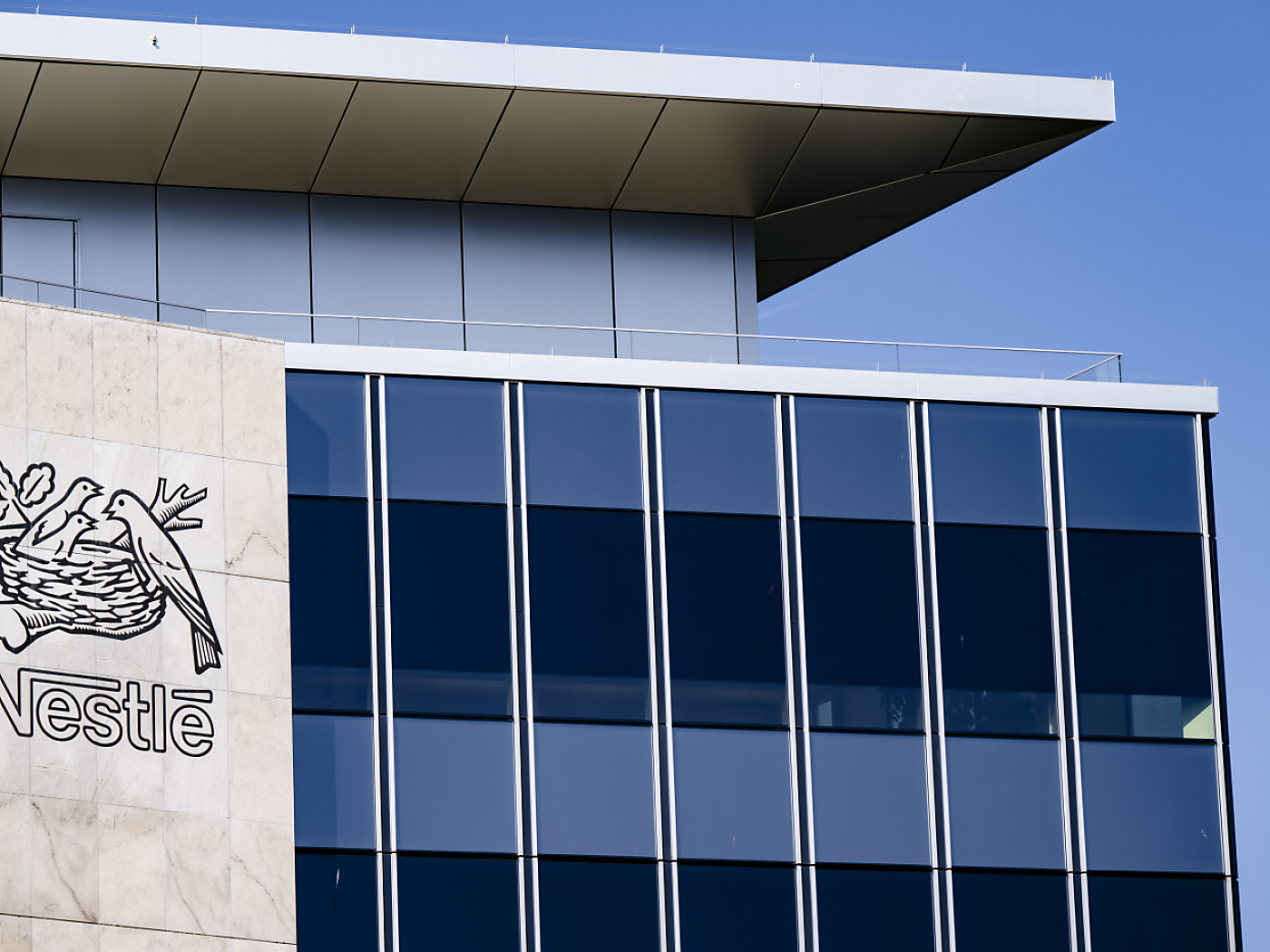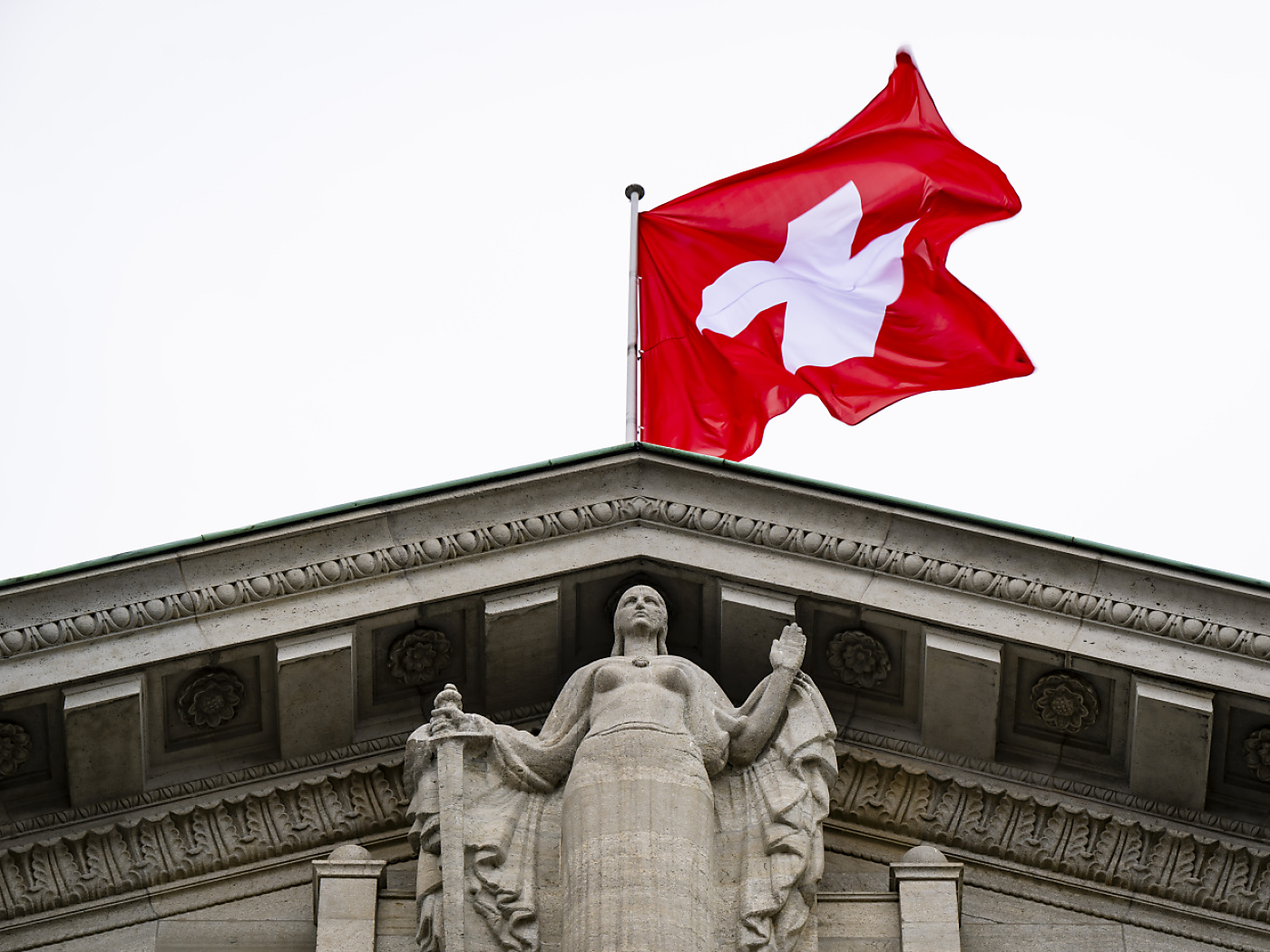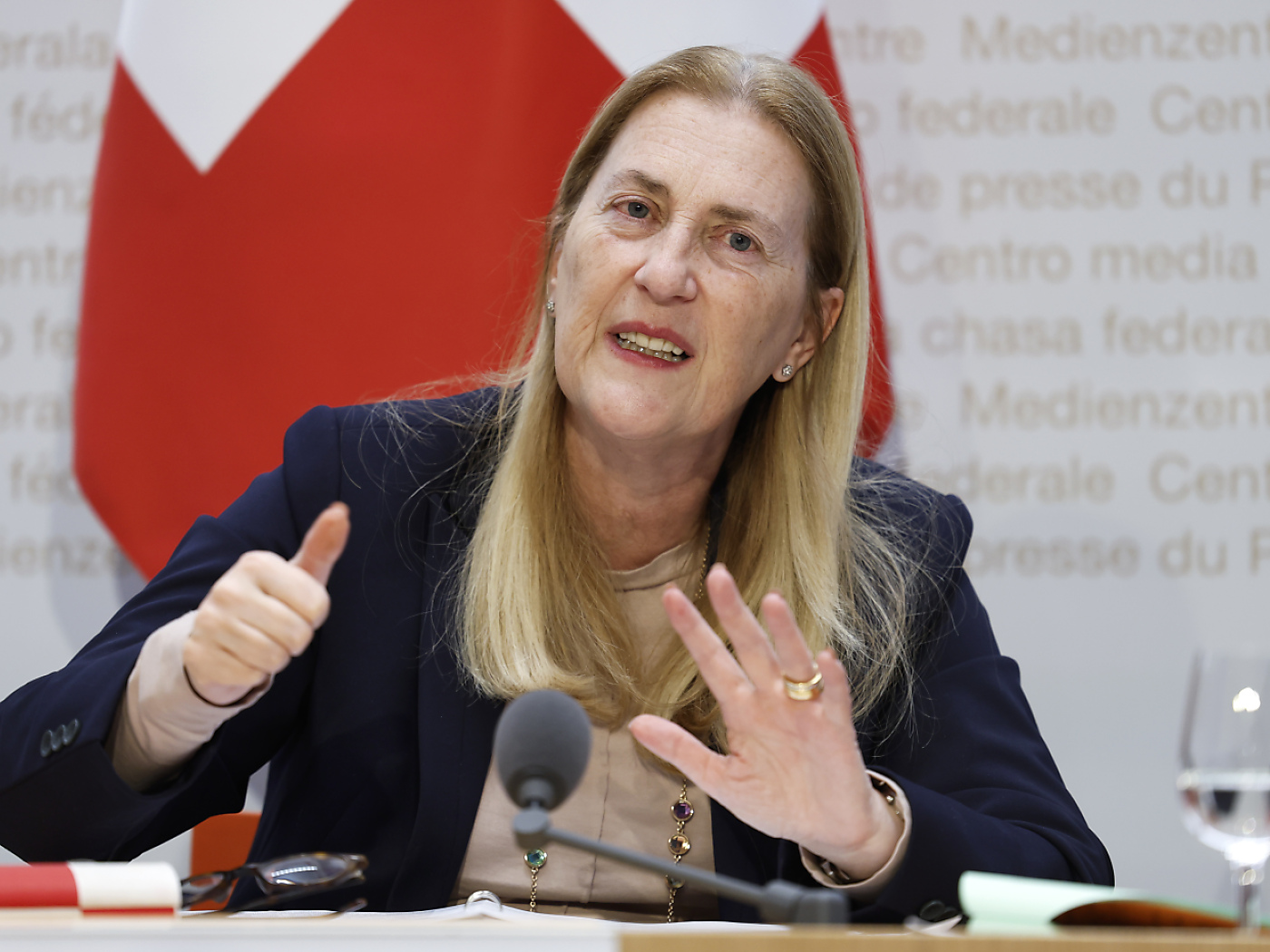Swiss nationals in Israel: foreign ministry recommendations

The Hamas attack on Saturday also took Swiss nationals in Israel by surprise. They should be aware of what’s going on and what to do, says the Swiss foreign ministry.
Several thousand Swiss nationals remain in Israel, according to the foreign ministry. The permanent Swiss population in Israel comprises about 28,000 people, Swiss Ambassador in Tel Aviv Urs Bucher told SRF News.
“There are also a certain number of non-Swiss family members. At the moment, a few hundred businesspeople and tourists are estimated to be passing through,” he said. Of those, 240 have already reported to the foreign ministry via the “Travel Admin” app. So far, there have not been any reports of Swiss coming to harm, he added.
+ Switzerland condemns attacks against Israel
The Swiss representations in Israel remained open over the weekend, the department said. It has also strengthened its teams and is closely monitoring the situation. Immediately after the attacks, the embassy in Tel Aviv inquired about the situation with liaison people, for example near the Gaza Strip or compatriots in the north and south, Bucher said.
These field offices served as a kind of “antennae that then helped us to talk to our compatriots and give the right advice when needed”.
“The foreign ministry helpline as well as the Swiss Embassy in Tel Aviv and the representation office in Ramallah are operational and are answering the enquiries of Swiss citizens this weekend as well,” says David Grichting, director of the foreign ministry’s Consular Division.
+ David Grichting: ‘Receiving assistance from foreign representations is not a right’
The foreign ministry currently advises against all travel to Israel that is not of an urgent nature.
For people on the ground, it has three recommendations: they should follow the advice of the local authorities closely, read the foreign ministry’s travel advice and latest information, and stay in touch with tour operators. “In case of emergency, the foreign ministry’s hotline is available around the clock by phone and email.”
Here’s how those affected can leave the country: “The foreign ministry is not currently planning any special flights,” Grichting says. However, some airlines, including El Al and Ryanair, offer flights that make it possible to leave the country. However, many of these flights are probably already fully booked, he said.
SWISS has announced a flight for Tuesday, according to the foreign ministry helpline. It will send a message to all those registered with the Swiss embassy in Tel Aviv and on the “Travel Admin” app, should the foreign ministry learn of special flights organised by partner countries from which Swiss nationals can benefit, Grichting added.
This news story has been written and carefully fact-checked by an external editorial team. At SWI swissinfo.ch we select the most relevant news for an international audience and use automatic translation tools such as DeepL to translate it into English. Providing you with automatically translated news gives us the time to write more in-depth articles. You can find them here.
If you want to know more about how we work, have a look here, and if you have feedback on this news story please write to english@swissinfo.ch.

In compliance with the JTI standards
More: SWI swissinfo.ch certified by the Journalism Trust Initiative


















You can find an overview of ongoing debates with our journalists here . Please join us!
If you want to start a conversation about a topic raised in this article or want to report factual errors, email us at english@swissinfo.ch.